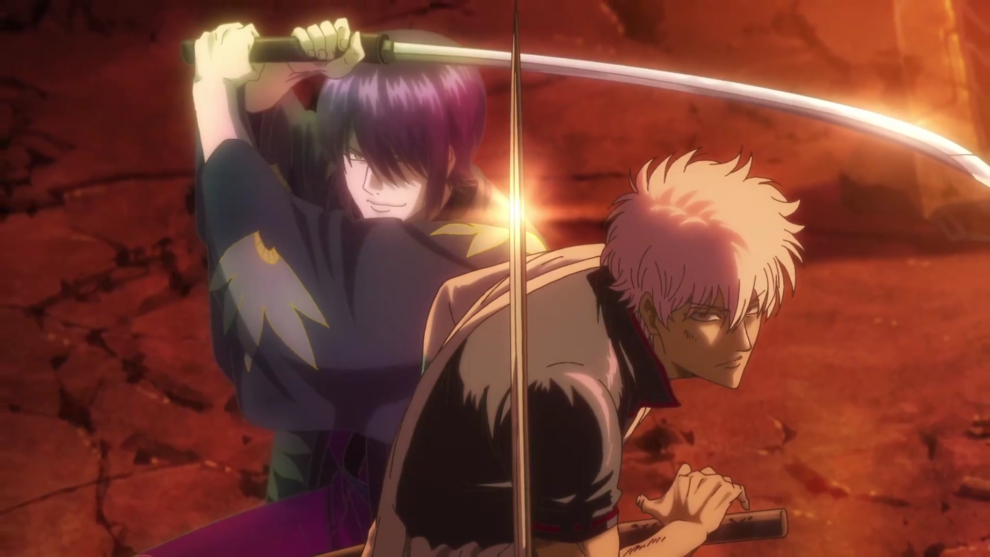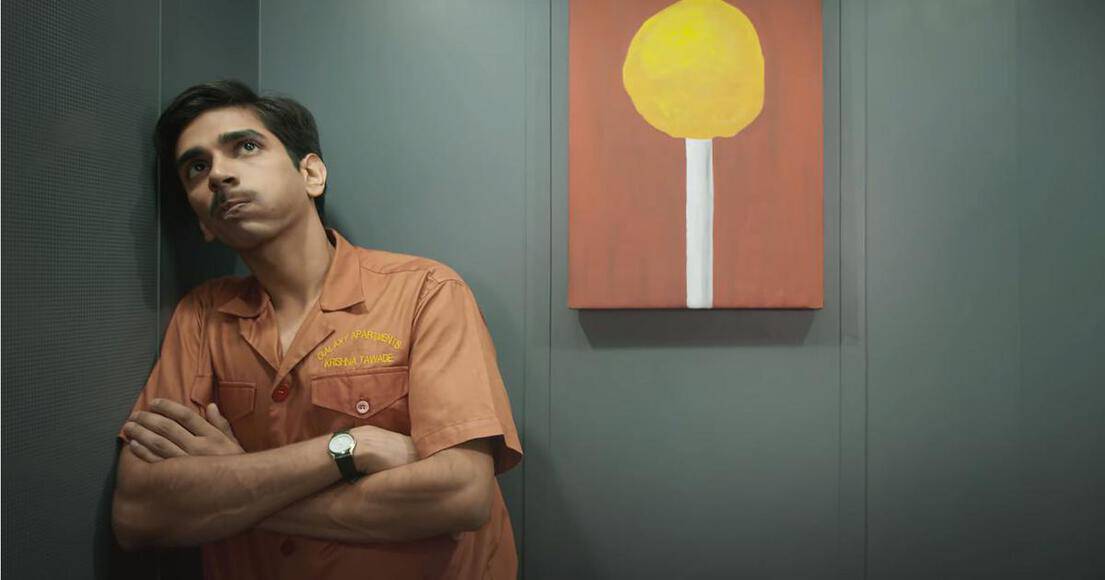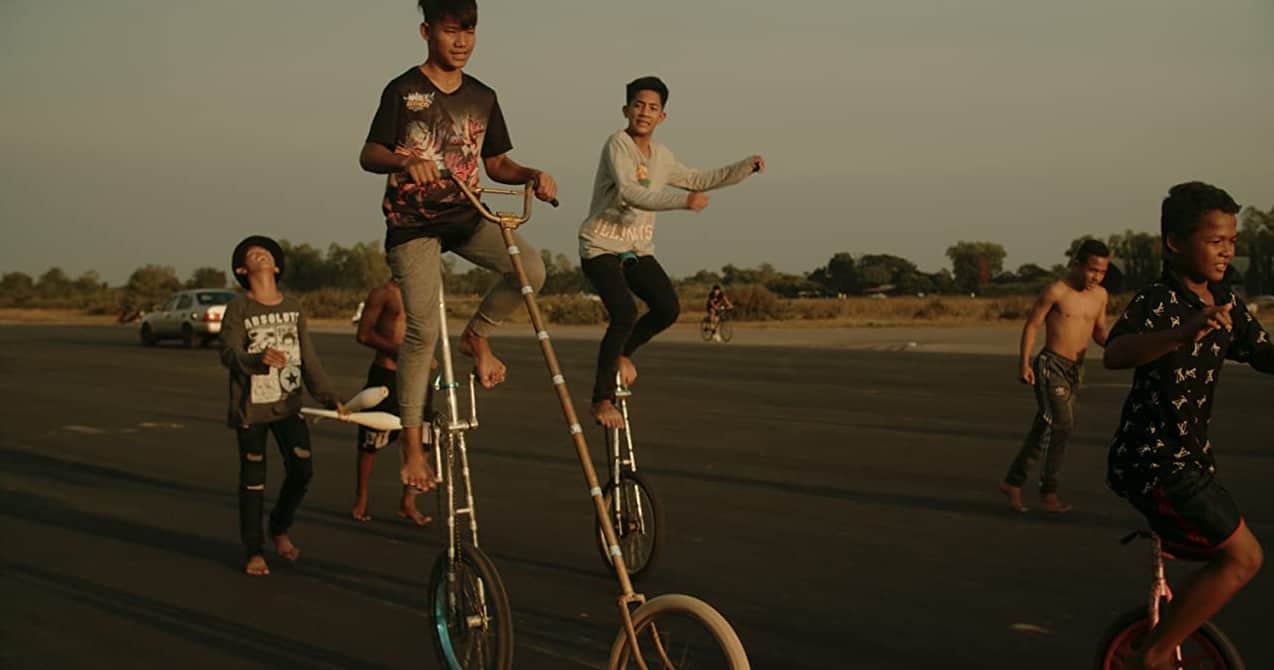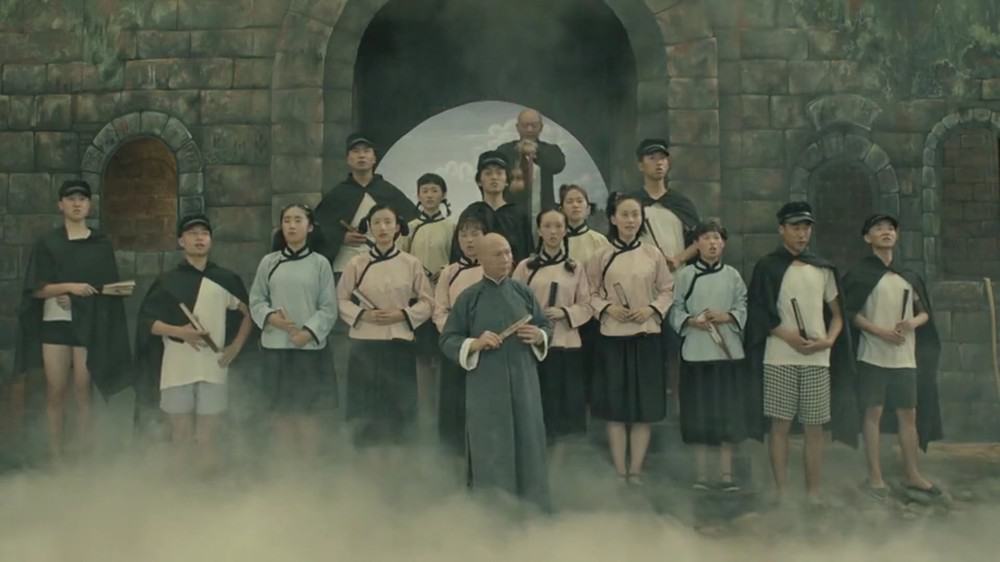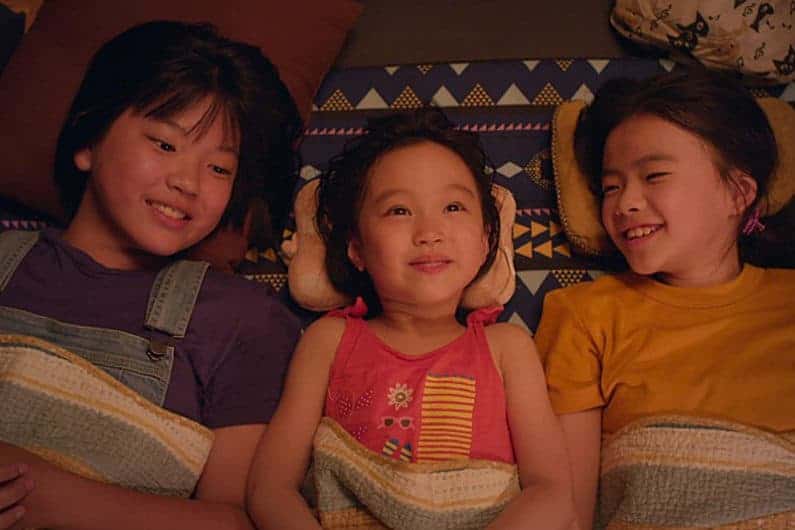Adapting the finale of the original manga but adding new story elements, “Gintama The Very Final” concludes the franchise that started back in 2003, in the most fitting fashion.
Buy This Title
on Amazon by clicking on the image below
After an intro that looks like a combination of “Dragonball” and “One Piece”, a fact that is actually commented on by the protagonist of the movie, in a recurring breaking the fourth wall element, the action begins. Gintoki, Takasugi and Katsura fight past the Tendoushuu forces, who have taken over the Terminal. The mothership at the top of the terminal is absorbing large amounts of Altana and channeling it into the body of the child Shouyou in order to resurrect him and obtain true immortality. As the group is attacked, they split up into two, with Katsura holding on to Shouyou's heart. Eventually, Gintoki faces his former mentor, fellow former ally and student Takasugi, along with his own past.
The mashup of absurd comedy/parody and intense action that made “Gintama” so popular finds one of its apogees in this movie, although the focus, at least for the majority of the movie's duration, is on the second. The fact that a number of key characters, including Shinpachi, Kagura, the Shinsengumi and various members of the Kabuki district, fight each other inside the Terminal turns this aspect into an action extravaganza, with the battle being both dramatic and quite brutal on occasion. Expectedly, the most lengthy and impressive ones are those involving Gintoki, Takasugi and Katsura with Shouyou, with their intensity and outcome, as much as the “trick” of them appearing in montages that juxtapose the past with the present, resulting in a series of truly memorable sequences that conclude the central story in the best fashion.
Furthermore, the whole concept of the samurai against monsters and aliens, also including the science fiction element, works quite well in actions terms, with the combination of Shinji Takeuchi and BN Pictures's animation and drawing, Akane Shiraishi and Takeshi Seyama's editing and Audio Highs's mostly hard rock music resulting in a true audiovisual extravaganza.
Chizuru Miyawaki leaves much of the concluding for the after-battle part, which focuses more on humor and absurdity, also including instances of a future Edo that add even more to these two elements. The rhythm here inevitably speeds down, in an approach though, that is a necessity in order to tie as many loose ends as possible. Inevitably, not every arc ever introduced in the anime finds its ending here, but as a whole, the movie works quite well as the final chapter of a rather long story, also inducing the narrative with a sense of nostalgia through some elements of drama that adds to the overall entertainment.
“Gintama The Very Final” is a rather entertaining movie and a more than worthy conclusion to the franchise that all fans of the series will enjoy.


